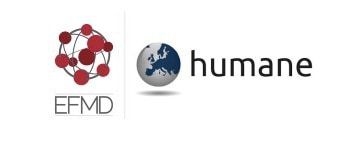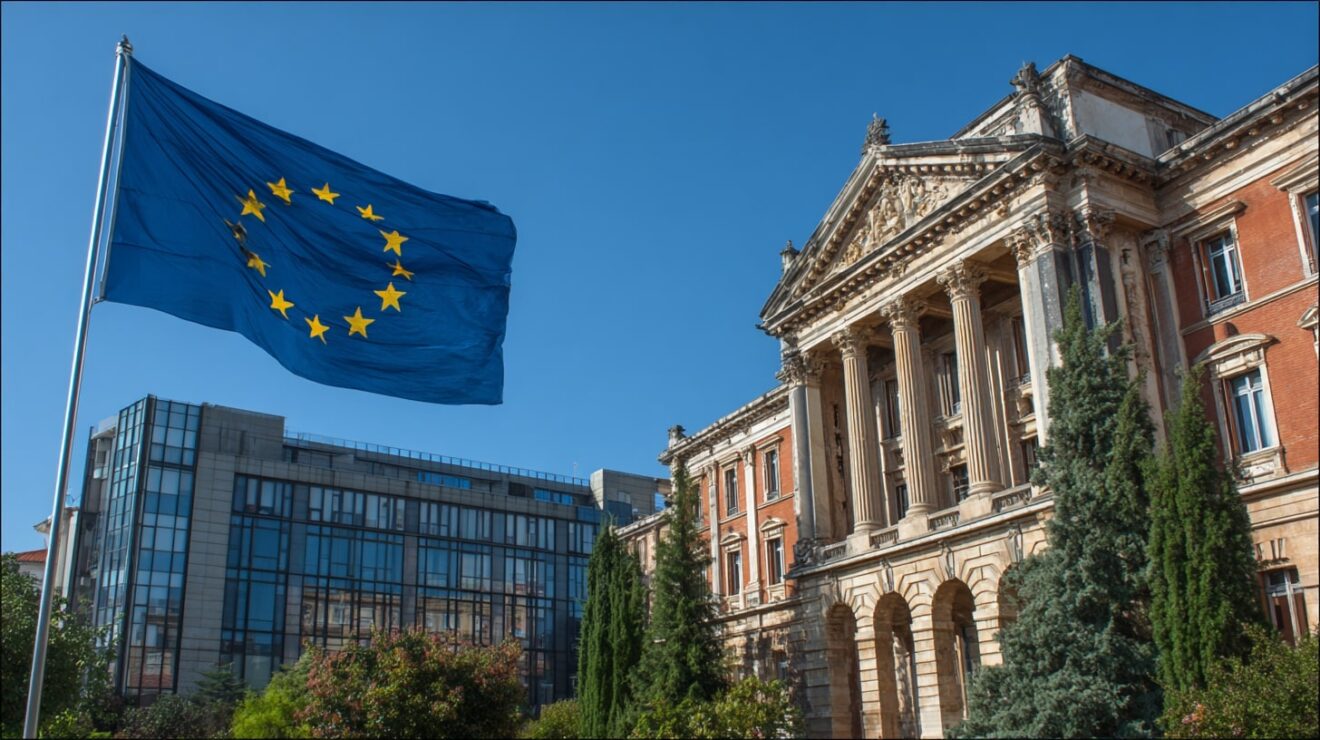Earlier this year I wrote about the long-running and extremely popular HUMANE winter school, held every year in Barcelona. Building on the success of the Winter school the the organisers decided to develop a variant with a distinctive focus on strategic engagement across Asia-Pacific and European universities and launched a new event (the 2017 EFMD-HUMANE Asia-Pacific School), based on the proven winter school model but located at a university in Asia – in this case Hong Kong University.

As the promotional material put it:
International strategic partnerships between institutions of higher education in the Asia-Pacific (APAC) region and Europe are becoming increasingly complex, operating across nation states, cultures, sectors – both private and public – many involving third party stakeholders and sponsors. The experience of international strategic alliances and partnerships can be a mixed one in terms of the near-term and long-term value that they add to the reputation and to portfolio of institutions and the extent to which they are consistent with national priorities and policy. There is a strong case for a greater understanding of the critical success factors for managing sustainable “future-proof” Asia-Pacific/European strategic partnerships and overcome the management challenges they present.
How are strategic alliances and partnerships actually built and managed in HE? How do they evolve and mature? What are the different models and the pitfalls? To what extent is a proper assessment made of the potential reputational and financial risks. How are the risks and opportunities identified and managed collaboratively and institutionally? What does the future hold for such partnerships in an emerging world of massive on line education?
There was an excellent range of speakers from Asia and Europe including:
- Eric Ng, Vice-President (Administration) and University Secretary, The Chinese University of Hong-Kong
- Ellen Hazelkorn, Senior International Higher Education Expert
![]()
- Professor John Kao, Vice-President (Global), The University of Hong Kong
- Professor Christine Ennew, Provost of the University of Warwick
- Sir Nigel Thrift, Executive Director of Schwarzman Scholars
- Professor Aya Okada, Vice-Trustee (International Cooperation), Graduate School of International Development, Nagoya University
- Rozilini Mary Fernandez-Chung, Associate Professor, Faculty for Arts and Social Sciences, University of Nottingham Malaysia Campus
- Professor Mark Goodwin, Deputy Vice-Chancellor (Innovation and External Engagement), University of Exeter
- Professor Yuan Ding, Vice President and Dean, Cathay Capital Chair in Accounting, China Europe International Business School (CEIBS)
- Professor Fon Sim Ong, Vice Provost (Teaching & Learning), University of Nottingham Malaysia Campus
- Stephan van Galen, Secretary-General, University of Groningen
together with Ken Sloan, Deputy Vice-Chancellor and Vice-President (Enterprise), Monash University, presenting the example of Monash and Hannu Seristö, Vice-President, External Relations, articulating the Aalto University experience.
The core of the programme though is the case study work undertaken by participants in teams. It’s a really intensive activity as the teams focus on the international partnership strategies of either Monash or Aalto and develop recommendations for their development. Each team then submits a written assessment and presents to another team acting as a Vice-Chancellor and their executive board who quiz the presenters on the recommendations in their report before being provided with feedback in a plenary session. The case activity is undoubtedly challenging for participants coming on top of all of the formal sessions but really brings a really valuable extra dimension to the event.
Focusing on these key strategic partnership issues but in an Asian context added a distinctive aspect to the programme which really enhanced the case study work. The significance of strategic partnerships for European institutions, and especially those from the UK, was amplified by the context, both the growing strength of universities in Asia and the homegrown challenge of Brexit. The conference offered a wonderful opportunity to learn from everyone there from Europe, Asia and from Australia and the hospitality provided by the University of Hong Kong was outstanding. Although this was something of an experimental event, I would very much hope that it is repeated as the feedback from participants was hugely positive.















I was a participant in last week’s programme and I got an enormous amount out of it. The calibre of speakers was fantastic, coming from across Europe, Asia and Australia, and the opportunity to work with colleagues from such a variety of different HE systems was hugely stimulating. I’d thoroughly recommend it!